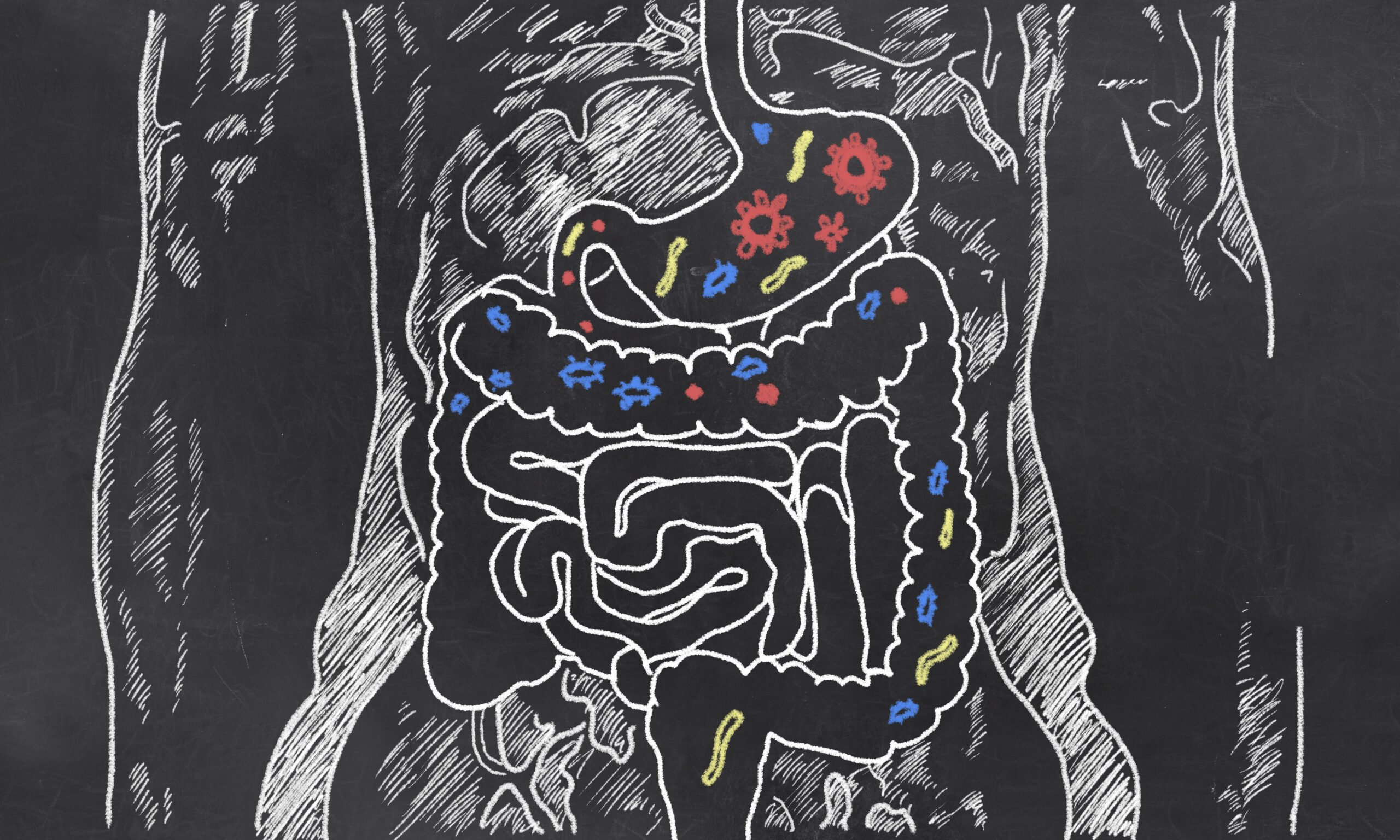
NURTURING YOUR GUT
HOW TO ACHIEVE GOOD GUT HEALTH
FOR OVERALL WELLNESS
In recent years, scientific research has shed light on the pivotal role that gut health plays in our overall well-being. The gut, often referred to as the “second brain,” is home to trillions of microorganisms that collectively form the gut microbiota. Achieving and maintaining good gut health is crucial for a myriad of reasons, as it influences not only digestive functions but also plays a significant role in immune system strength, mental health, and overall wellness.
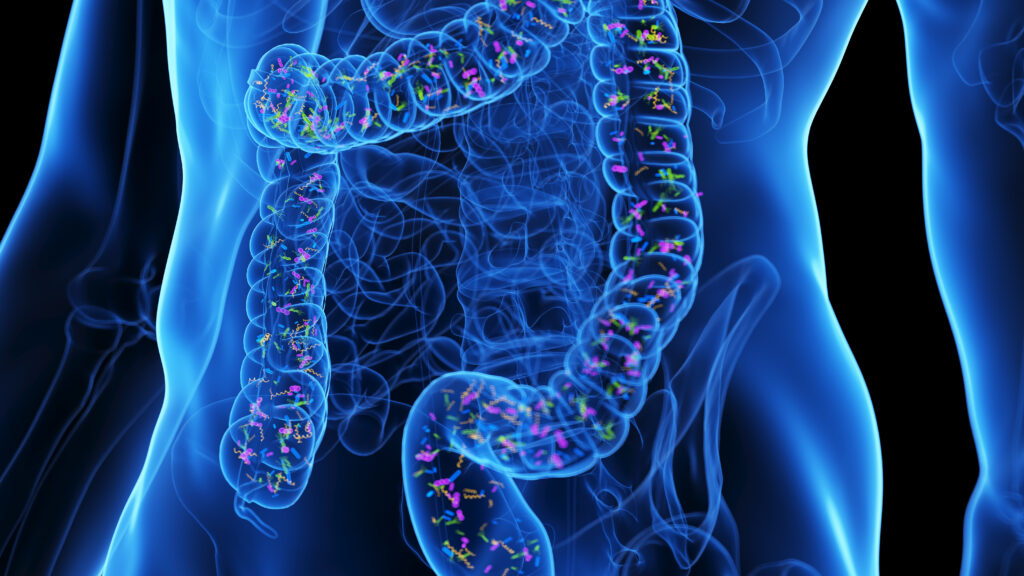
"These microorganisms play a crucial role in digestion, nutrient absorption, and the synthesis of certain vitamins. A balanced and diverse gut microbiota is essential for maintaining good gut health."
Understanding the Gut Microbiota:
The gut microbiota is a diverse community of bacteria, viruses, fungi, and other microbes that reside in the digestive system. These microorganisms play a crucial role in digestion, nutrient absorption, and the synthesis of certain vitamins. A balanced and diverse gut microbiota is essential for maintaining good gut health.
Factors Influencing Gut Health:
Diet: The food we consume has a profound impact on the composition of the gut microbiota. A diet rich in fiber, fruits, vegetables, and fermented foods promotes the growth of beneficial bacteria. On the contrary, a diet high in processed foods, sugar, and saturated fats can lead to an imbalance in the microbiota, negatively affecting gut health.
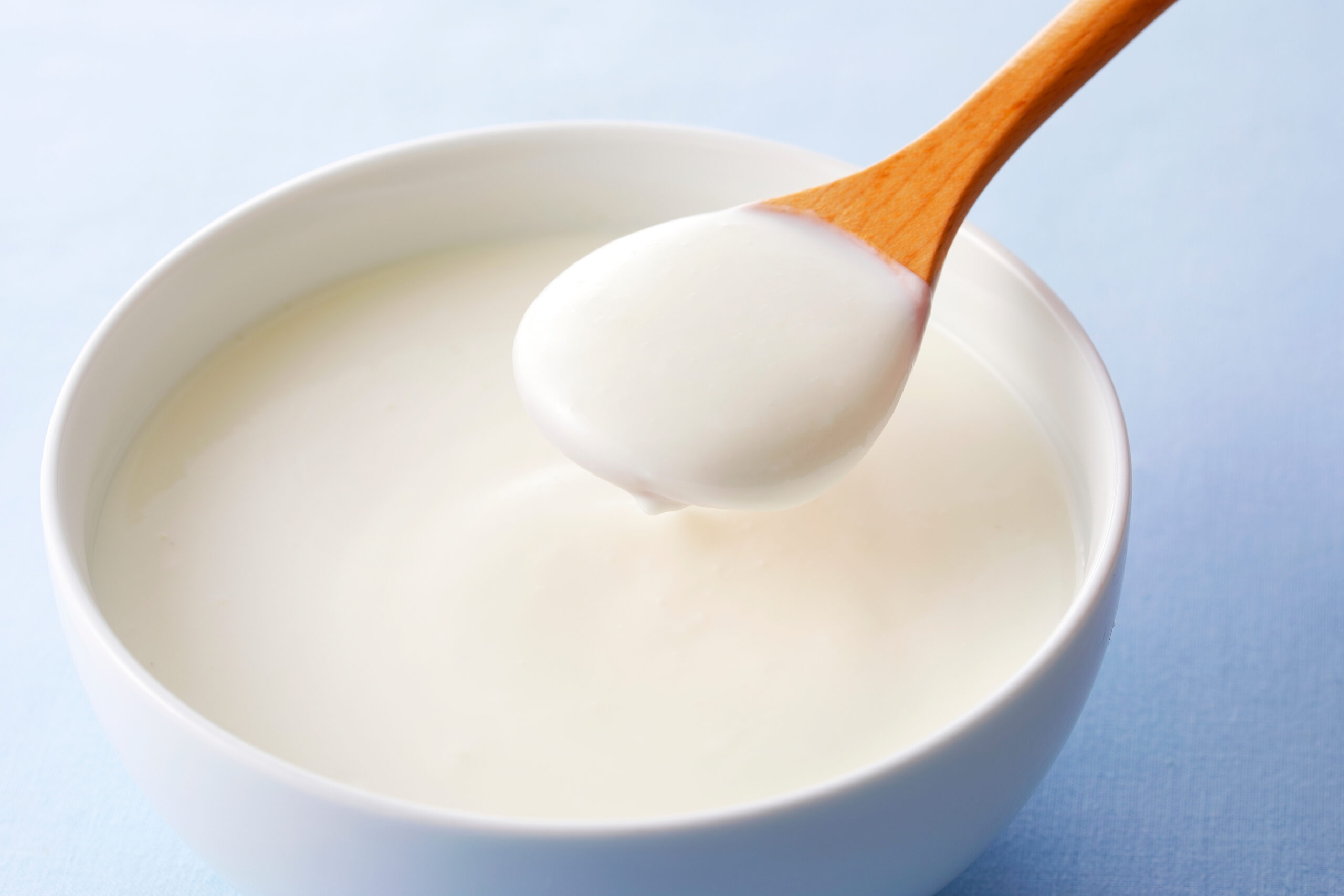
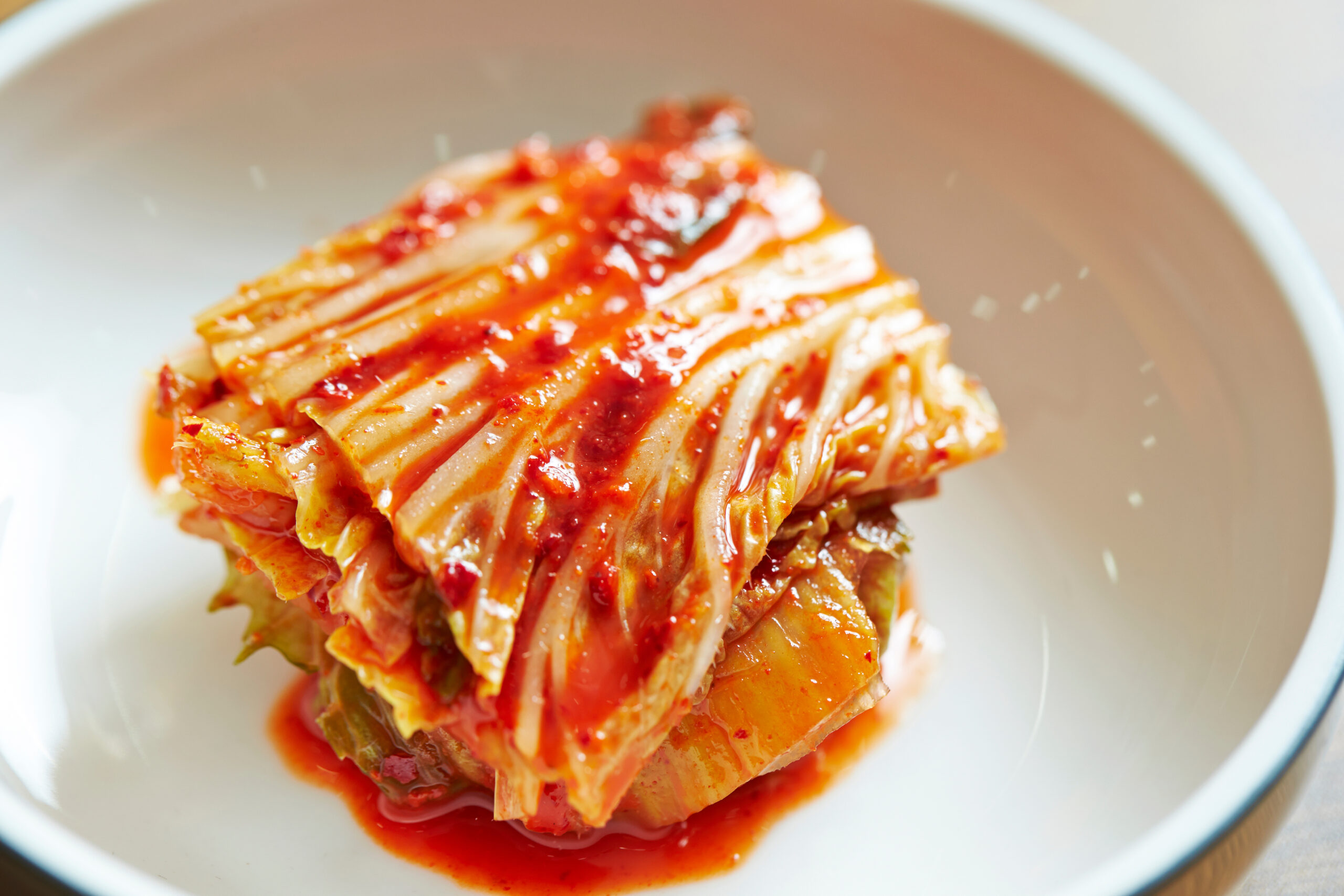
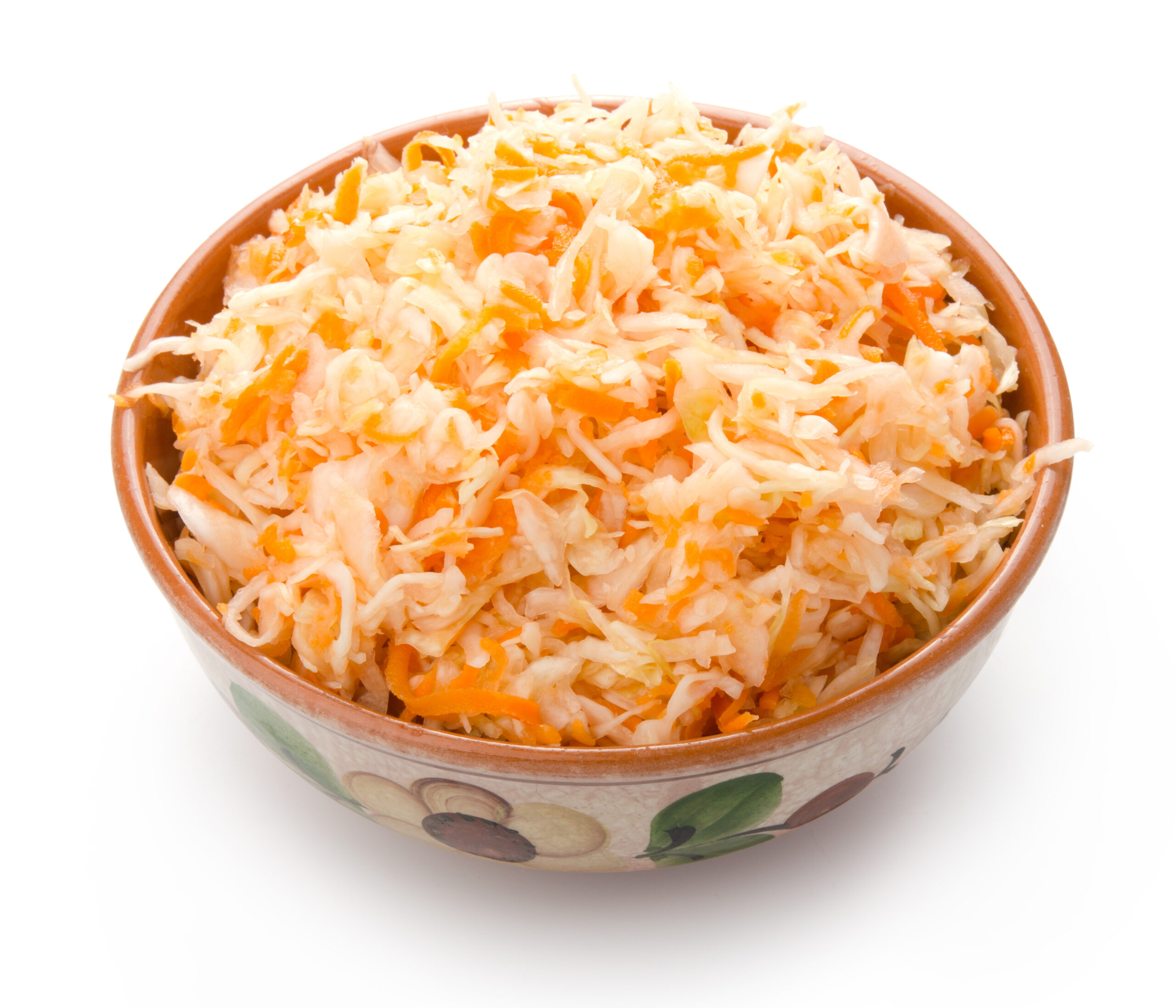
Probiotics: Probiotics are live beneficial bacteria found in fermented foods. Here are some examples of foods that are good sources of probiotics:
- Yogurt: Contains live and active cultures, such as Lactobacillus bulgaricus and Streptococcus thermophilus. Look for yogurt with additional probiotic strains like Lactobacillus acidophilus and Bifidobacterium.
- Kefir: A fermented dairy product that is similar to yogurt but with a broader range of beneficial bacteria and yeasts.
- Sauerkraut: Fermented cabbage that is rich in various probiotic strains, including Lactobacillus.
- Kimchi: A traditional Korean dish made from fermented vegetables, usually cabbage and radishes, with added spices. It contains a variety of probiotics.
- Miso: A Japanese seasoning made by fermenting soybeans with salt and koji (a type of fungus). It is commonly used in soups and stews.
- Tempeh: A fermented soybean product that contains probiotics, along with being a good source of protein.
- Pickles (fermented in brine, not vinegar): Cucumbers and other vegetables that have been pickled using a fermentation process, providing probiotics.
- Natto: A traditional Japanese dish of fermented soybeans, often eaten with rice. It contains the probiotic Bacillus subtilis.
- Buttermilk: Traditionally, buttermilk is the liquid left behind after churning butter. In its cultured form, it contains probiotic bacteria.
- Non-dairy alternatives: Some non-dairy products, like certain types of coconut yogurt or almond milk with added probiotics, are available for those who are lactose intolerant or prefer plant-based options.
It’s important to note that the effectiveness of probiotics can vary, and not all products labeled as “probiotic” may provide the same health benefits. Additionally, consulting with a healthcare professional is advisable, especially if you have specific health concerns or conditions.
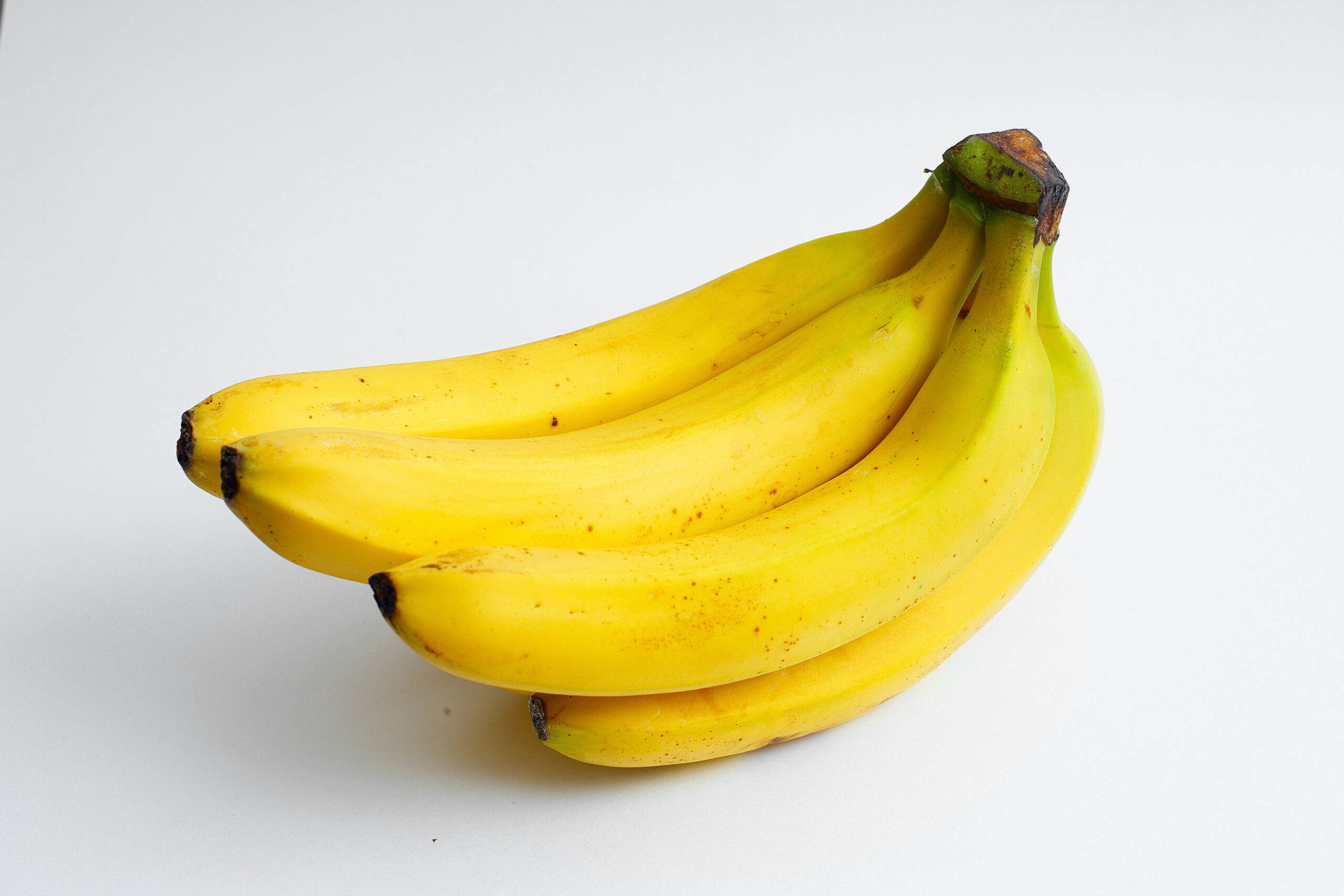
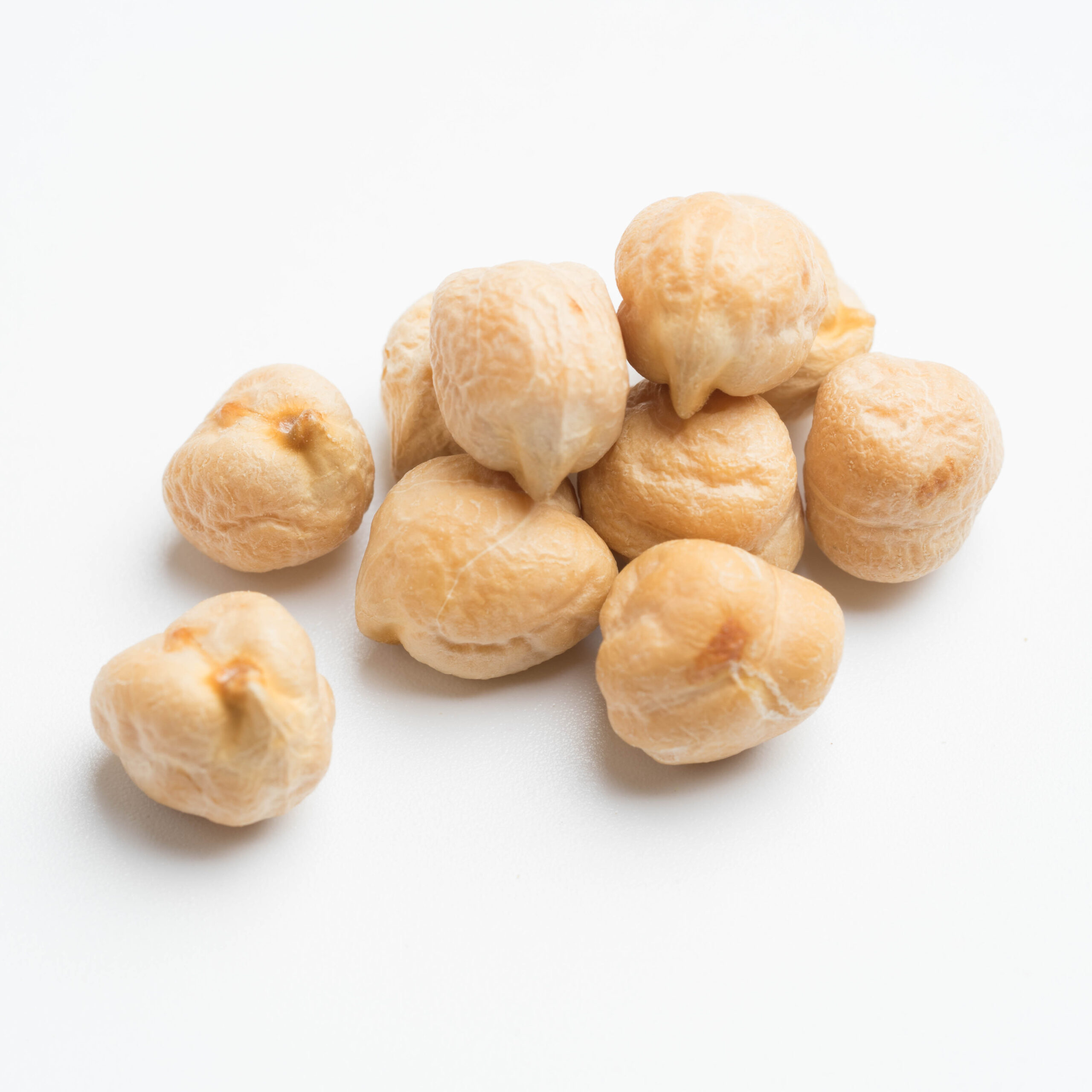
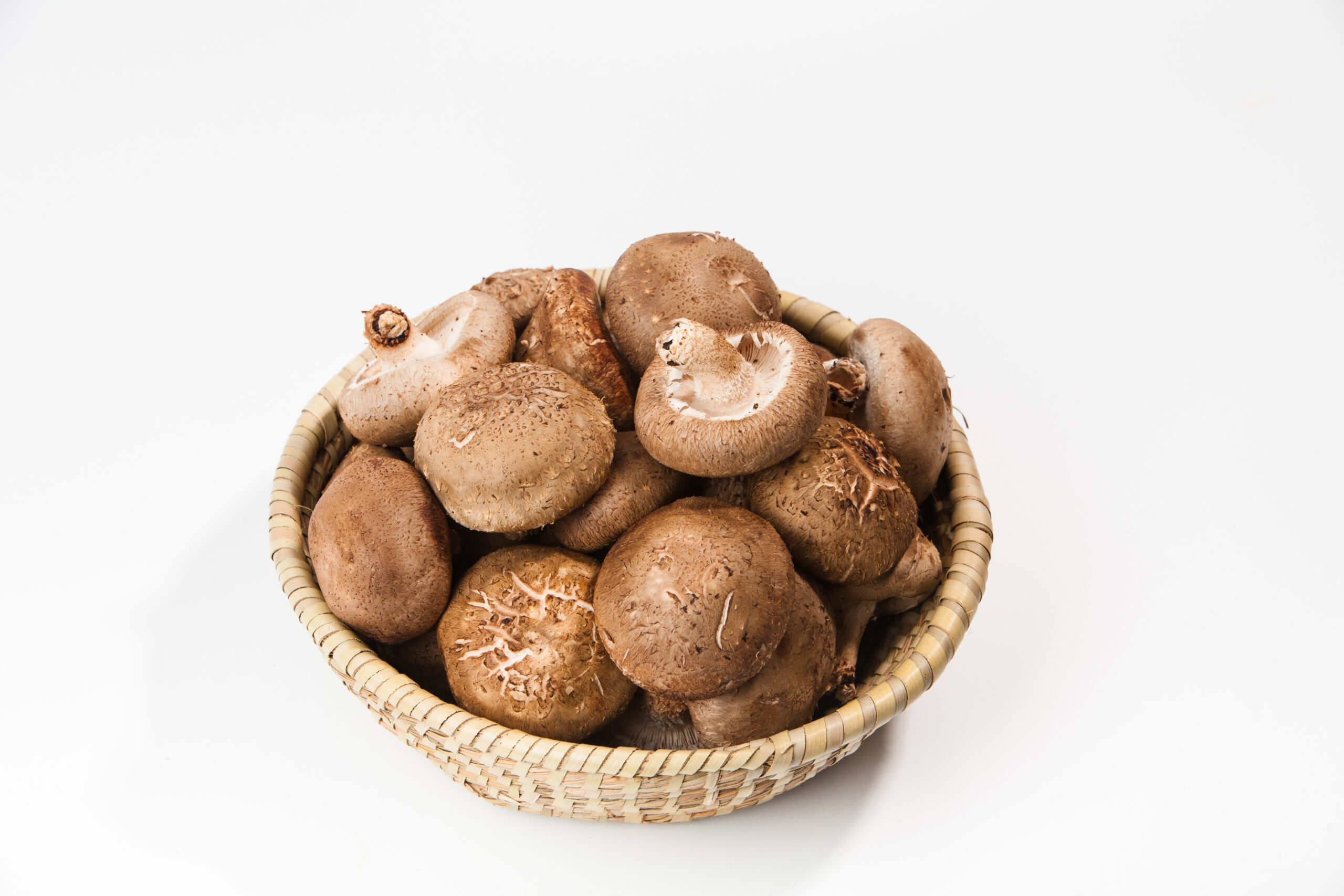
Prebiotics: Prebiotics, on the other hand, are non-digestible fibers that serve as food for the beneficial bacteria. They help promote a healthy gut microbiome. Here are some examples of prebiotics:
- Inulin: Found in chicory root, Jerusalem artichokes, garlic, onions, leeks, and bananas.
- Fructooligosaccharides (FOS): Present in foods like bananas, onions, garlic, asparagus, and chicory root.
- Galactooligosaccharides (GOS): Available in legumes (such as lentils, chickpeas, and beans), as well as in certain dairy products like yogurt.
- Resistant starch: Found in underripe bananas, cooked and cooled potatoes, legumes, and whole grains like oats and barley.
- Pectin: Found in fruits like apples, berries, and citrus fruits, as well as in some vegetables like carrots and tomatoes.
- Beta-glucans: Present in oats, barley, and certain types of mushrooms like reishi and shiitake.
These are just a few examples, and there are many other foods that contain prebiotics. Incorporating a variety of prebiotic-rich foods into your diet can help support a healthy balance of gut bacteria.
Hydration: Staying adequately hydrated is crucial for overall health, including gut health. Water helps flush out toxins and aids in the smooth functioning of the digestive system.
Regular Exercise: Physical activity is linked to a more diverse and balanced gut microbiota. Regular exercise has been shown to promote the growth of beneficial bacteria while reducing harmful microbes.


The Gut-Brain Connection:
The gut and brain communicate through the gut-brain axis, a bidirectional communication system. This connection is instrumental in regulating mood, stress levels, and even cognitive functions. An imbalance in the gut microbiota has been associated with conditions like anxiety, depression, and other mental health disorders.
Immune System Support:
A significant portion of the immune system resides in the gut. A healthy gut microbiota acts as a barrier against harmful pathogens and helps modulate the immune response. By supporting gut health, individuals can enhance their immune system’s ability to defend against infections and illnesses.
Tips for Improving Gut Health:
Diversify Your Diet: Consume a wide variety of fruits, vegetables, whole grains, and lean proteins to promote a diverse gut microbiota.
Include Fermented Foods: Incorporate probiotic-rich foods such as yogurt, kefir, kombucha, and fermented vegetables into your diet.
Prioritize Fiber: Choose fiber-rich foods like legumes, whole grains, and vegetables to support healthy digestion and provide nourishment for beneficial bacteria.
Stay Hydrated: Drink an adequate amount of water throughout the day to support digestion and maintain overall health.
Exercise Regularly: Engage in regular physical activity to promote a diverse and balanced gut microbiota.
Achieving good gut health is a holistic approach that involves mindful eating, regular exercise, and a healthy lifestyle. By nurturing the gut microbiota, individuals can positively impact not only their digestive health but also their mental well-being and immune system function. Prioritizing gut health is an investment in overall wellness, paving the way for a healthier and happier life. INSPIRE

More Health & Wellness

INSPIRE Magazine: HYDRATE – How Much Water Do You Need?
Water is life. It makes up about 60% of the human body, and every cell, tissue, and organ depends on it to function properly. But how much water do you actually need to drink each day?

INSPIRE Magazine – Mindful Eating: How to Transform Your Relationship With Food
By cultivating awareness around our eating habits, we can transform our relationship with food from one of guilt and anxiety to one of joy and nourishment.

INSPIRE Magazine: Holistic Approaches To Chronic Pain
If you’ve ever felt like you’ve exhausted all the conventional options, this exploration of holistic strategies might offer a refreshing new perspective.
More From INSPIRE Spring 2024 Issue

INSPIRE Magazine Video – Exciting Update On Our Second Cover Girl Katy Stanton
“I am good! It has been a long road, but I have been working hard. I had a really rough time for a while, but I am proud of my progress despite it. It’ll be fun to see the difference in physique from the previous show. My sights are set on the IPL Bay Area contest in July!”

INSPIRE Magazine Cover Story – New IPL Figure Pro Deanna Faulkner – Overcoming Pain & Finding Strength At Militia Fitness
“I’ve been sort of in disbelief. I keep thinking wow, I said yes to one thing a couple years ago and here I am now. ‘What if I had let fear stop me?'”
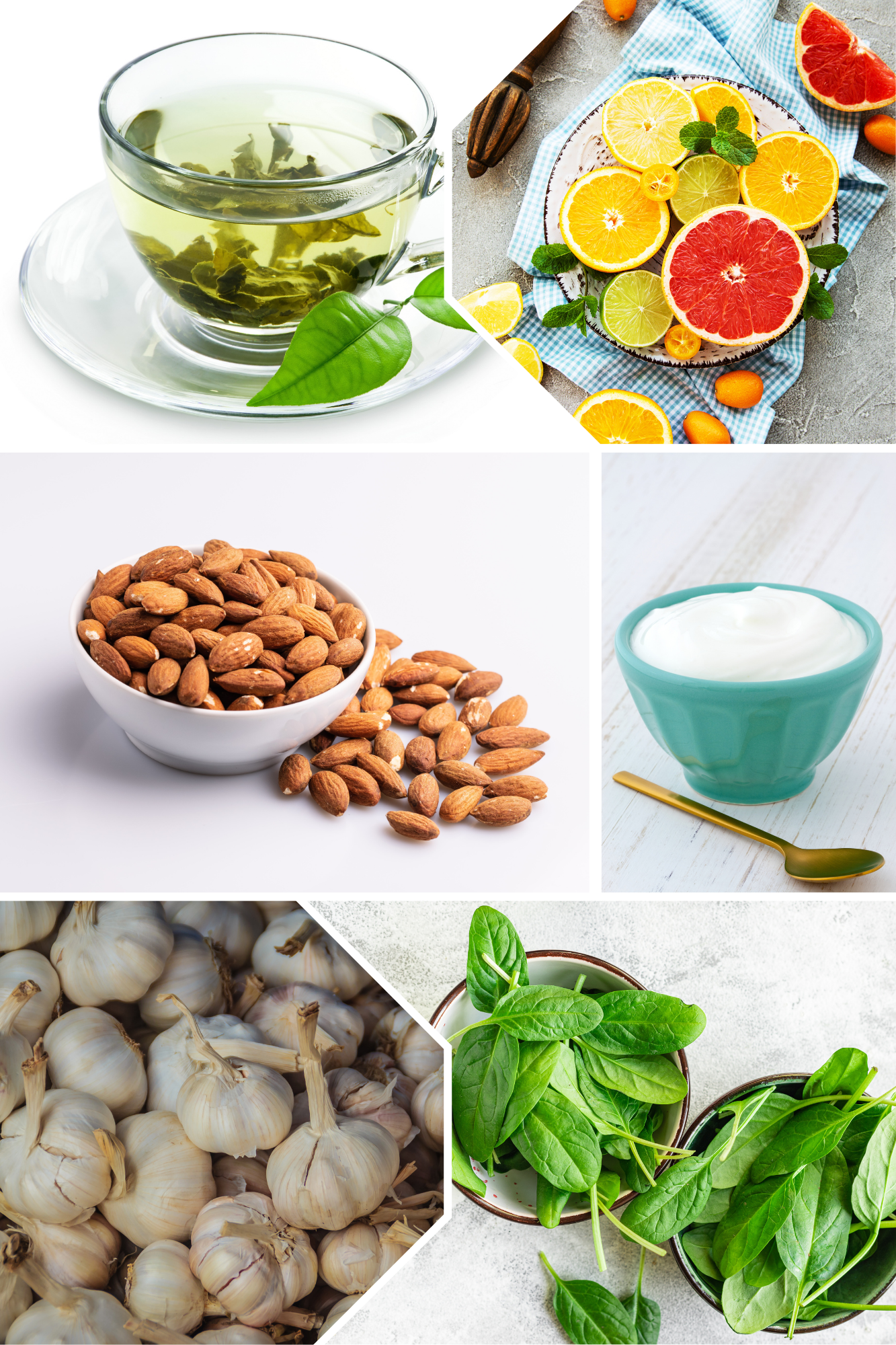
INSPIRE Magazine: Six Foods That Boost Your Immune System
Maintaining a robust immune system is crucial for overall health and well-being…While lifestyle factors like sleep, exercise, and stress management play significant roles, our diet also plays a pivotal role in supporting immune function.

INSPIRE Magazine – Time Management Techniques
Whether you are a busy professional, a student juggling multiple responsibilities, or a parent trying to balance work and family life, the ability to prioritize tasks, allocate time efficiently, and avoid procrastination is crucial.

INSPIRE Magazine: Holistic Approaches To Chronic Pain
If you’ve ever felt like you’ve exhausted all the conventional options, this exploration of holistic strategies might offer a refreshing new perspective.

New IPL Men’s Athletic Pro & Top Transformation Winner Johnny Mattern Lands Cover of INSPIRE Magazine
“Make change in your life by taking action. Pray to God and always be grateful. Your faith will help you overcome all obstacles. Remove all bad habits, even if it’s just one at a time. Your quality of life will greatly increase, and you will live with a sense of purpose. Be determined and strive for your goals. Everything that the IPL has done to acknowledge my dedication is on a new level of notoriety. Thank you so much!”
